Niger Junta’s Threat to Ousted President Raises Stakes Amid Looming Military Intervention
In a recent development, Niger’s junta has issued a grave threat against former President Mohamed Bazoum, warning that he could be killed if neighboring countries proceed with a military intervention to reinstate him.
The junta delivered this threat during a conversation with a senior U.S. diplomat, according to sources familiar with the matter. The junta’s bold move comes as the Economic Community of West African States (ECOWAS) announced plans to deploy a “standby force” to restore democratic governance in Niger following the expiration of their deadline for reinstating Bazoum’s government.
The junta’s threat to the deposed president introduces a dangerous dimension to the ongoing crisis and further intensifies tensions between the junta and ECOWAS. The junta, which seized power on July 26, has exhibited a willingness to escalate its actions. The international community is now grappling with the challenge of finding a peaceful resolution to the leadership crisis in Niger.
Unnamed sources have revealed that the junta representatives conveyed this threat to U.S. Under Secretary of State Victoria Nuland during her recent visit to Niger. Although these threats have heightened tensions, some experts speculate that they could potentially prompt both sides to engage in constructive dialogue.
Aneliese Bernard, a former U.S. State Department official with expertise in African affairs, noted that while these threats might push the parties closer to negotiation, the junta’s rapid escalation in the past raises concerns about their future actions. ECOWAS leaders held discussions in Abuja to chart their course of action, with President Omar Alieu Touray confirming their commitment to deploying a standby force to restore constitutional order. However, the effectiveness of such an intervention is contingent on the support and cooperation of regional armies.
While ECOWAS has imposed stringent economic and travel sanctions on Niger, analysts question the efficacy of these measures as the bloc grapples with waning support for intervention. Niger’s recent coup is the fourth within the ECOWAS member states over the past three years, underscoring the challenge the bloc faces in maintaining stability and democratic governance in the region.

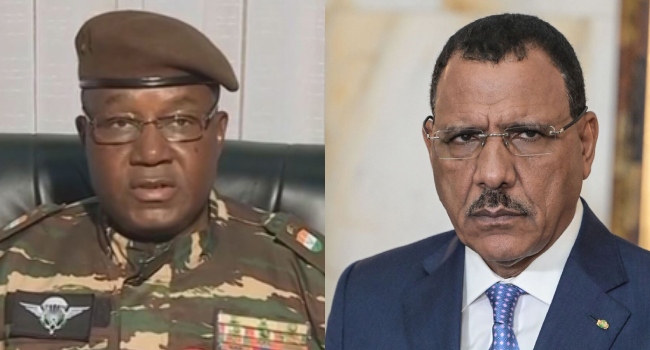
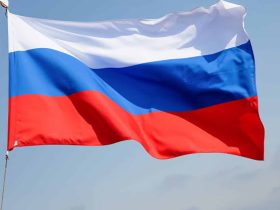

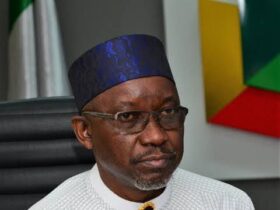

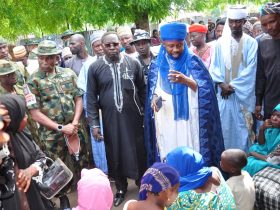
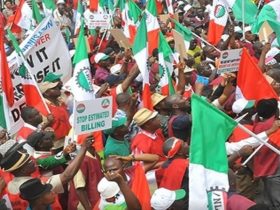

Leave a Reply